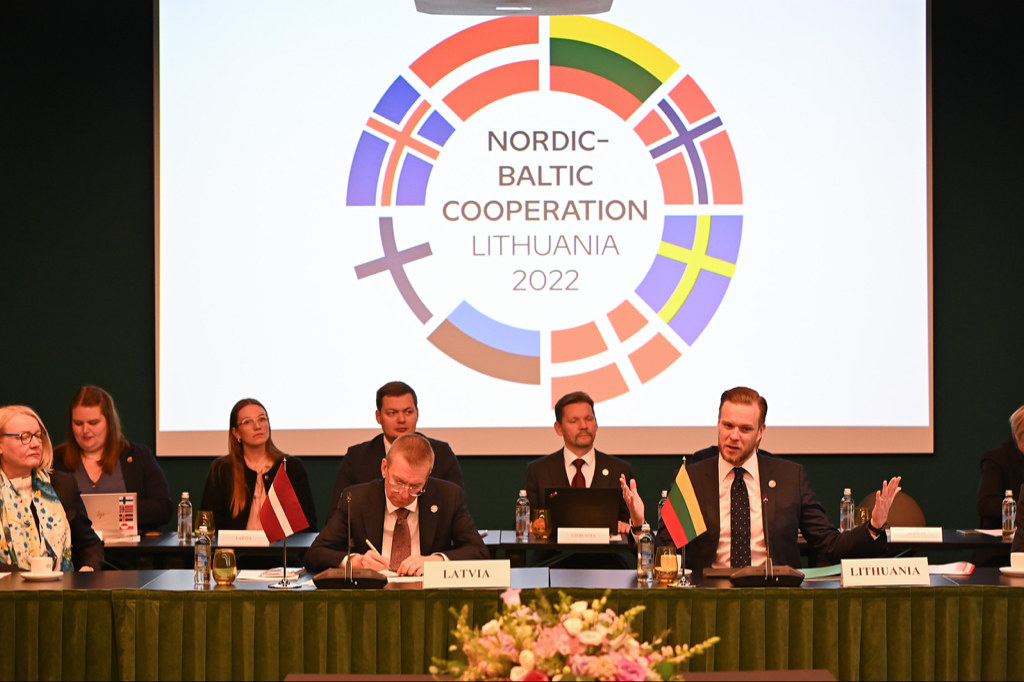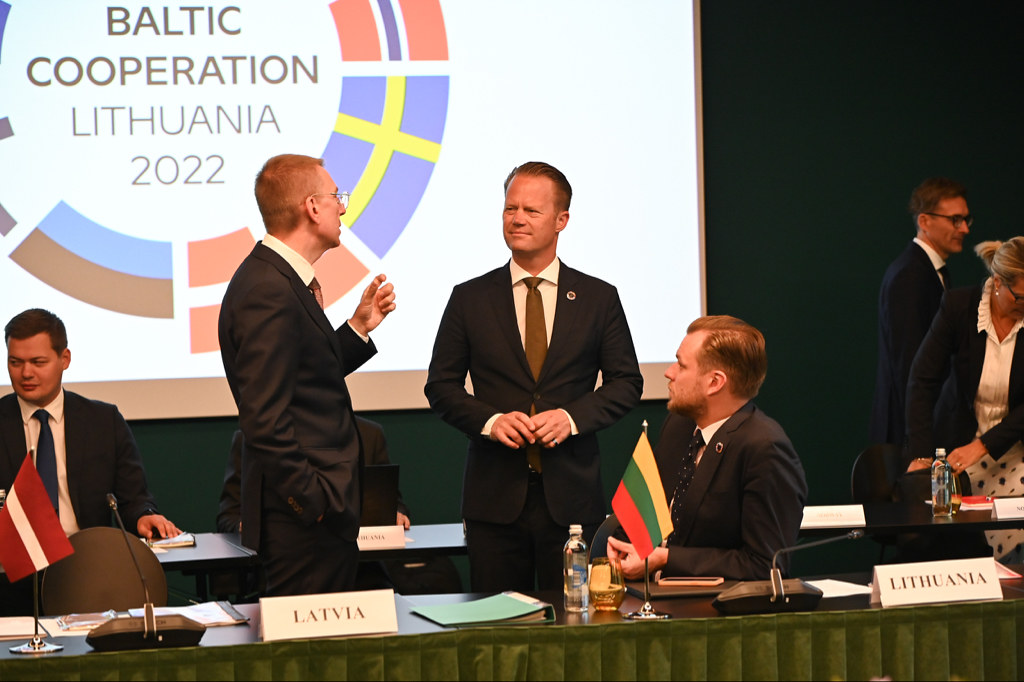The Foreign Ministers of the Baltic and Nordic countries have been meeting in Kaunas, after which details of the joint plan emerged.
"What we have seen in the last couple of weeks and months is that number of border crossings by Russian citizens holding Schengen visas has dramatically increased. This is becoming also a public security issue. This is also an issue of a moral and political nature, and I think at this point the Baltic states have reached, in principle – we are finalizing the details – about the policy of restricting entry through the Russian-Latvian, Belarusian-Latvian, Lithuanian-Russian and [Lithuanian-] Belarusian as well as Estonian-Russian border of Russian citizens," Rinkēvičs told a press conference.
"We will go through the national procedures that we have in our countries, because those are governments that decide. We will submit, respectively, coordinated documents to our respective governments, and I think that those restrictions will be applied based on decisions... in the coming ten days.

"We have reached agreement in principle and as we speak, the last nuances are being agreed," he said.
"The general policy is going like this: that [Russian] holders of Schengen visas, with a number of exceptions, will not be able to cross the border."
Exceptions would apply for humanitarian reasons, family reasons, lorry drivers and diplomats, he said.
"There is full transparency. The decisions are national, and each and every country makes that decision based on political, security and legal considerations. So from that point of view we do believe that at this point the public security, and national security argument, as well as the political argument is relevant in our countries. We will continue close coordination, but each and every country will make a decision basedon their own considerations."
Baltijas valstis panākušas vienošanos būtiski ierobežot robežšķērsošanu Krievijas pilsoņiem, kuriem ir Šengenas vīzas, paziņojis Latvijas ārlietu ministrs Edgars Rinkēvičs (JV). pic.twitter.com/4bmUXVY1pI
— LTV Panorāma (@ltvpanorama) September 7, 2022
Rinkēvičs then offered further confirmation on Twitter, saying that the Baltic states will jointly introduce restrictions on border crossings for Russian citizens who have Schengen visas. Decisions will be taken at national level but coordinated to come into effect together.
Baltijas valstis ir panākušas vienošanos būtiski ierobežot (ar dažiem izņēmumiem) robežšķērsošanu Krievijas Federācijas pilsoņiem, kuriem ir ES Šengenas vīzas. Lēmumus pieņems valstu valdības atbilstoši nacionālām procedūrām, tie stāsies spēkā vienlaikus
— Edgars Rinkēvičs (@edgarsrinkevics) September 7, 2022



























